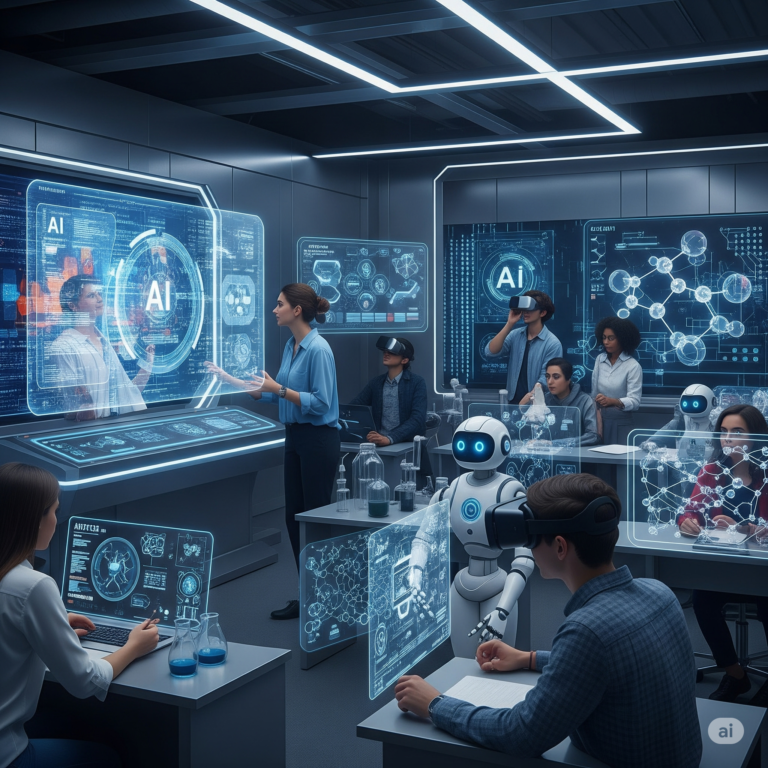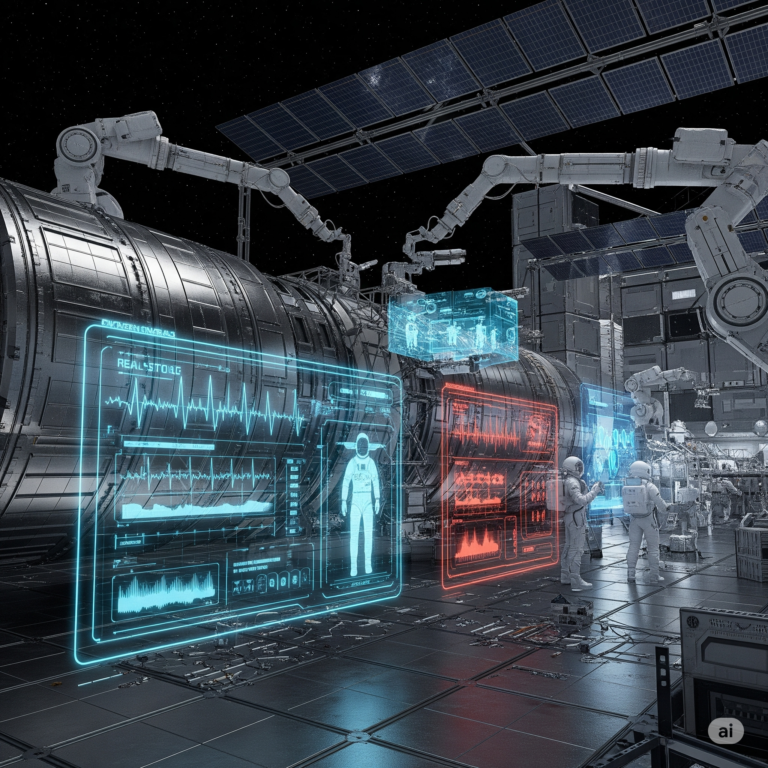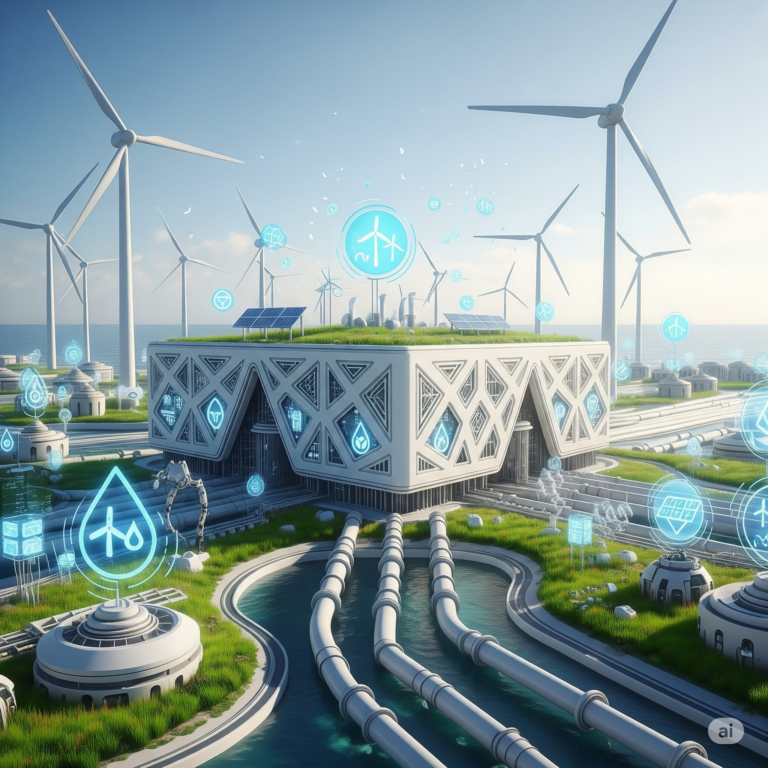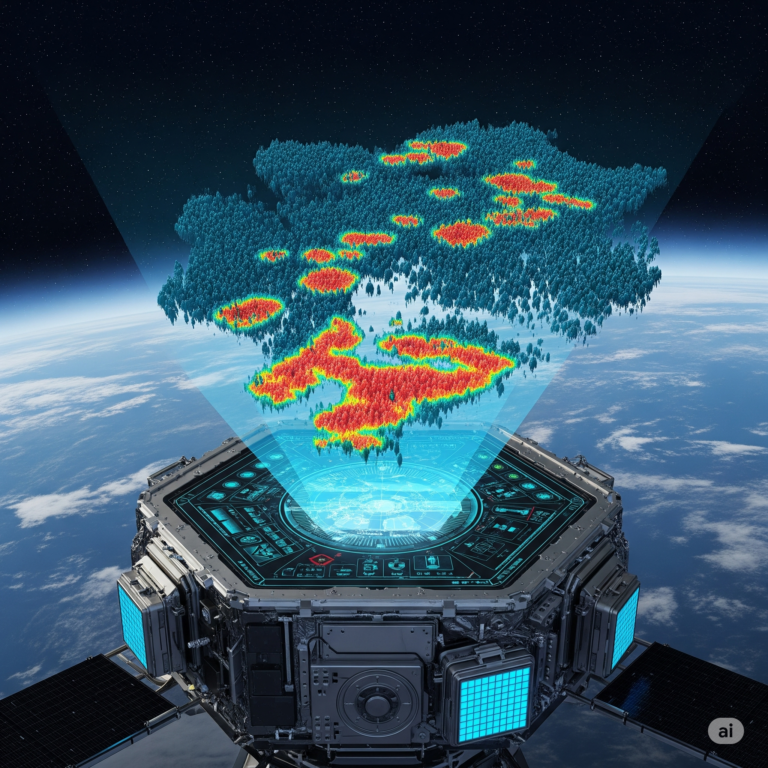In an age defined by rapid technological progress, Agentic AI is emerging as a transformative force across industries. But what exactly is Agentic AI, and why is it drawing so much attention? Unlike traditional artificial intelligence systems that rely heavily on predefined programming and human prompts, Agentic AI has the capability to set goals, make decisions, and execute actions with a degree of autonomy. This shift is unlocking new potential in critical sectors such as healthcare, finance, and education.
Let’s explore how “The Role of Agentic AI in Healthcare, Finance, and Education” is reshaping our world.
Understanding Agentic AI: A Brief Overview
Agentic AI refers to intelligent systems designed with a level of autonomy that allows them to act as goal-driven agents. These systems are capable of:
- Perceiving their environment
- Making independent decisions
- Learning from interactions
- Taking initiative without constant human oversight
Traditional AI, in contrast, typically requires continuous human input or predefined rules to function. The emergence of Agentic AI is a leap toward machines that can reason and adapt more like humans.
Healthcare: Personalized, Predictive, and Proactive
1. Personalized Patient Care
“The Role of Agentic AI in Healthcare, Finance, and Education” begins most notably in the healthcare industry, where precision and personalization are essential. Agentic AI can process vast volumes of medical data to customize treatment plans for individuals. These agents learn from genetic information, lifestyle factors, and medical histories to recommend therapies tailored to each patient.
2. Medical Imaging and Diagnostics
AI-powered agents are improving diagnostic accuracy by analyzing medical images such as MRIs, CT scans, and X-rays. With their ability to detect patterns invisible to the human eye, Agentic AI systems assist radiologists in identifying abnormalities like tumors and fractures faster and more accurately.
3. Virtual Health Assistants
Many healthcare providers now use AI-driven virtual assistants to answer patient queries, schedule appointments, and even offer mental health support. These systems operate independently and learn from interactions to improve over time.
4. Drug Discovery
Agentic AI is revolutionizing pharmaceutical research. It speeds up drug discovery by simulating how compounds interact with diseases, predicting side effects, and optimizing trials—saving years of research and billions of dollars.
Finance: Smarter Decisions, Stronger Security
1. Fraud Detection and Risk Management
“The Role of Agentic AI in Healthcare, Finance, and Education” is also felt in finance, where Agentic AI acts as a vigilant watchdog. These systems can detect unusual patterns and flag potential fraud in real-time, using autonomous learning to adapt to evolving threats.
2. Autonomous Trading Agents
Modern trading platforms are adopting agentic AI to analyze market trends, make trades, and manage portfolios. These intelligent agents can make split-second decisions based on a combination of historical data, current events, and predictive modeling.
3. Personalized Banking
Financial institutions use Agentic AI to provide hyper-personalized services. Virtual financial advisors help users manage budgets, recommend investments, and even negotiate debt repayment options without needing a human banker.
4. Regulatory Compliance
With increasingly complex financial regulations, agentic AI systems help institutions stay compliant by monitoring transactions, generating reports, and auditing behavior proactively.
Education: Engaging, Empowering, and Evolving
1. Adaptive Learning Platforms
“The Role of Agentic AI in Healthcare, Finance, and Education” is perhaps most inspiring in the field of education. AI-powered adaptive learning platforms adjust content and pace based on a student’s learning style, helping them grasp difficult concepts more easily.
2. Virtual Tutors and Mentors
Agentic AI can act as personalized tutors, capable of identifying student weaknesses and delivering targeted instruction. These systems also offer real-time feedback, simulate conversation for language learners, and guide learners through complex problem-solving.
3. Automating Administrative Tasks
Educational institutions use AI to manage enrollment, grading, and course scheduling. This not only saves time but also ensures greater efficiency and accuracy.
4. Inclusive Learning
Agentic AI promotes accessibility by providing real-time translation, text-to-speech tools, and customized learning experiences for students with disabilities.
Brand Comparison Table: AI Solutions in Key Sectors
| Brand Name | Industry | Product/Application | Price Range | Key Features |
|---|---|---|---|---|
| IBM Watson | Healthcare | Watson Health AI | $5,000 – $50,000 | Diagnostic insights, drug discovery |
| Darktrace | Finance | Cyber AI | $10,000+ /year | Real-time threat detection |
| Duolingo Max | Education | AI-driven Language Learning | $10 – $20/month | Adaptive lessons, chatbots |
| Salesforce Einstein | Finance | Predictive Analytics | Custom pricing | CRM automation, forecasting |
| Suki AI | Healthcare | Voice-enabled Assistant | $199/month | Clinical note-taking |
| Carnegie Learning | Education | AI Tutoring Platform | School pricing | Real-time feedback, personalization |
Ethical Considerations of Agentic AI
With such autonomy comes responsibility. While Agentic AI brings incredible benefits, it also raises ethical concerns:
- Bias and Fairness: AI may unintentionally reinforce existing biases in data.
- Privacy: How securely are personal health or financial data managed?
- Accountability: Who is responsible if an autonomous agent makes a wrong decision?
- Job Displacement: As automation grows, what happens to traditional roles?
Balancing innovation with ethical integrity is critical to responsible AI deployment.
The Road Ahead: What Can We Expect?
“The Role of Agentic AI in Healthcare, Finance, and Education” will continue to expand as technologies improve. We can expect:
- More collaboration between humans and machines
- Enhanced transparency in AI decisions
- Greater customization of services
- Improved accessibility across all socio-economic levels
While still in its early stages, Agentic AI holds the promise of smarter societies driven by ethical, efficient, and intelligent systems.
FAQs: Frequently Asked Questions
- What exactly is Agentic AI?
- It refers to AI systems that can operate autonomously and make goal-driven decisions.
- How is Agentic AI different from traditional AI?
- Agentic AI takes initiative and adapts, while traditional AI requires constant human input.
- Is Agentic AI already being used?
- Yes, especially in healthcare diagnostics, financial risk management, and adaptive learning platforms.
- What are the benefits in healthcare?
- Personalized care, faster diagnoses, improved drug discovery, and virtual assistants.
- What is its role in finance?
- Fraud detection, algorithmic trading, customer service, and compliance.
- How does Agentic AI help in education?
- By offering adaptive learning, automating tasks, and supporting inclusive education.
- Is it safe to use Agentic AI?
- With proper regulation and oversight, it is generally safe.
- Who is developing Agentic AI?
- Tech companies, academic institutions, and startups around the globe.
- What skills are needed to work with Agentic AI?
- Data science, machine learning, ethics, programming, and domain expertise.
- Can Agentic AI replace human jobs?
- It may replace some roles but will also create new opportunities.
- What are the risks involved?
- Bias, data privacy, accountability, and over-reliance on automation.
- What programming languages are commonly used?
- Python, R, Java, and C++.
- Are there legal regulations for Agentic AI?
- Regulations are emerging but still in development.
- Can these systems work offline?
- Some can operate without internet, but most benefit from cloud connectivity.
- What is the future of Agentic AI?
- Integration into daily life with better autonomy, ethics, and human-AI collaboration.
Final Thoughts
“The Role of Agentic AI in Healthcare, Finance, and Education” marks a turning point in how we interact with technology. It offers a vision of intelligent systems that not only assist but enhance our capabilities in ways we never thought possible. As this technology evolves, one thing is certain: the future will not be built by humans alone but in collaboration with the intelligent agents we create.















+ There are no comments
Add yours